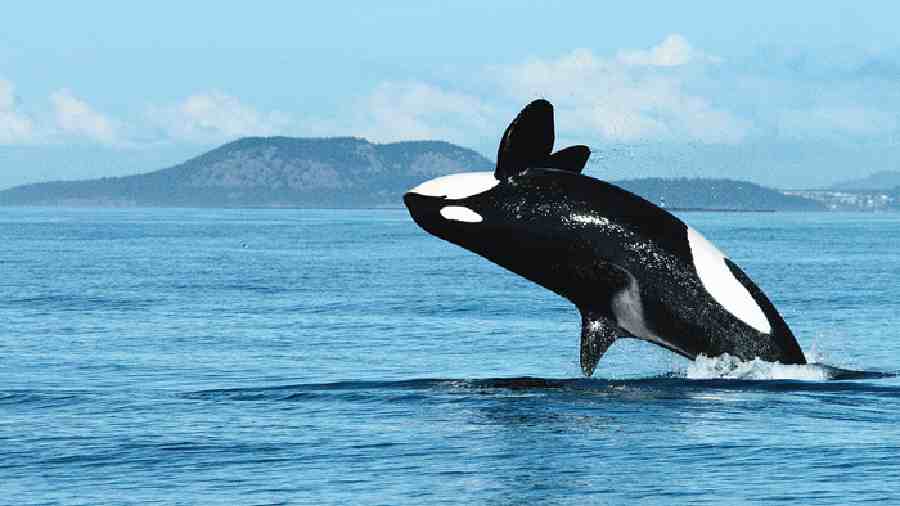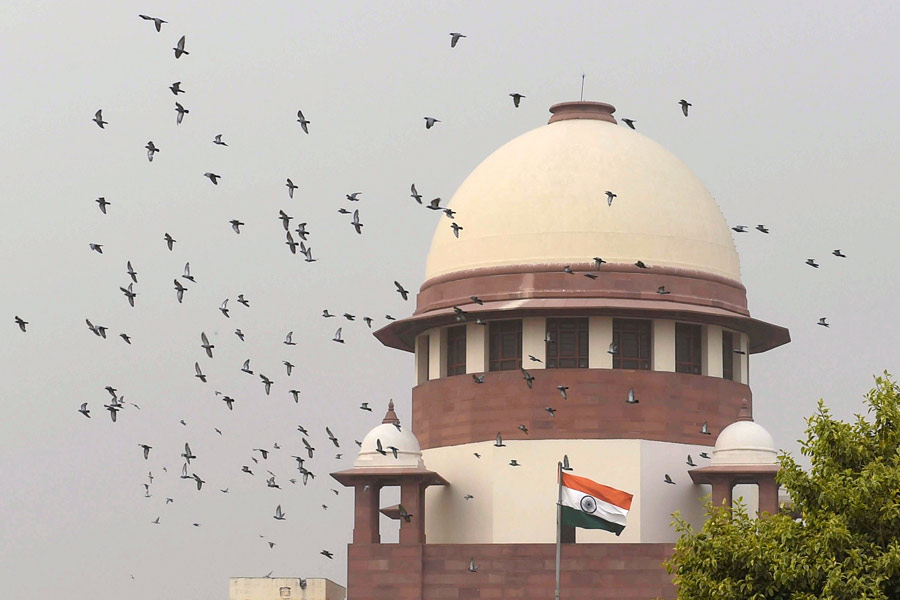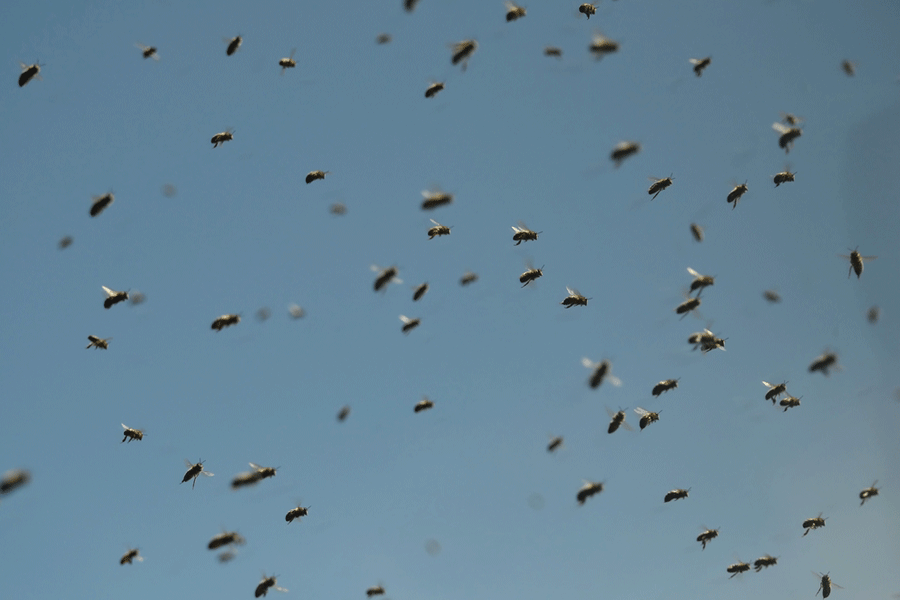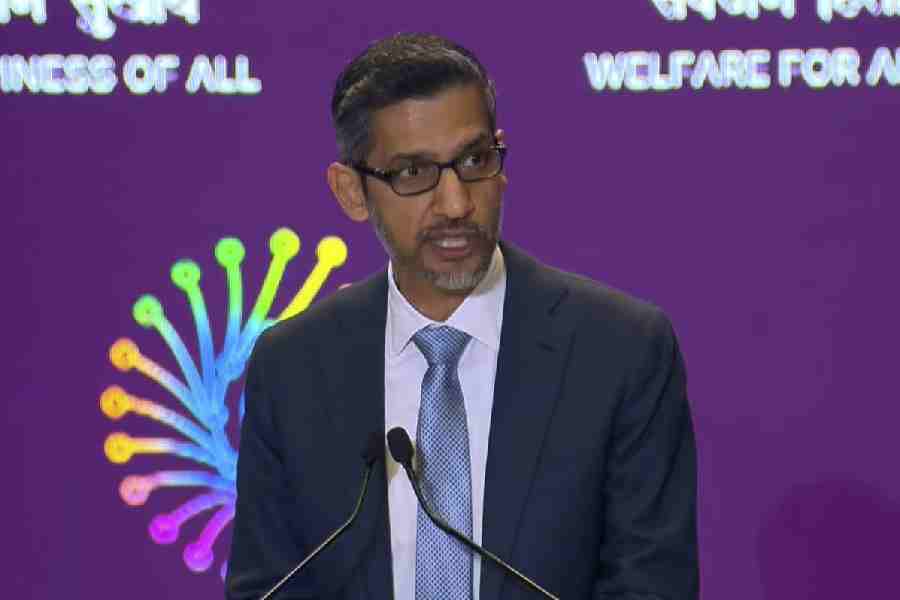Dangerous dependence
Sir — Bengali men have a reputation for being ‘mama’s boys’, essentially man-children who depend on their mothers to take care of them. But it seems that Bengali men are not the clingiest offspring on the planet. The population of southern resident killer whales is dwindling owing to the hyper-dependency of the male calves on their mothers. Unlike their female siblings, male calves head out to mate and frolic but come back to the mothers for food. Burdened with the responsibility of dependent males, mothers have severely reduced chances of mating. Bengali mothers may sympathise.
Pragya Paul, Calcutta
Small protests
Sir — The Tamil poet, Sukirtharani, has declined the Devi Award sponsored by the Adani Group owing to the allegations of wrongdoing against the company (“Adani link makes poet decline award”, Feb 10). Sukirtharani’s adherence to her principles is commendable. Personally, I have similarly refrained from using any products associated with the infamous Calcutta-based industrialist who was accused of murdering a man for an inter-religious marriage. Although such individual boycotts seem insignificant, each of us must stand up for what we believe in.
Kajal Chatterjee, Calcutta
Clear the path
Sir — The Bombay High Court has rightly pointed out that footpaths are only for pedestrians and should not be used for commercial purposes. Footpaths help keep pedestrians off the road, ensuring both fewer accidents as well as smooth flow of traffic. Permission granted to hawkers by the civic authorities at several points of time ignores these facts. The Bombay High Court’s decision should be implemented strictly and immediately.
Sudhir Kangutkar, Vangani, Maharashtra
New identity
Sir — It is amusing to try and imagine Jeeves as Indian (“Wodehouse’s most famous character Jeeves was ‘Indian’”, Feb 10). Bertie Wooster had described Jeeves to be a “kind of darkish, sort of respectful Johnnie”, an expression apt for an Indian. Jeeves is fluent in English and can quote the classics, but he refrains from using colloquial expressions. It was quite common for non-native speakers to be extremely good at the language. Jeeves is also known for asking Bertie to eat an extra portion of fish to help him become smarter and get out of sticky situations. Even the very name, Jeeves, sounds like a mispronunciation of the Bengali name, Jeevesh. One can imagine, then, that Jeeves might be an Indian who had travelled to England and had become a gentleman’s butler to live in a cosy London flat.
Atulya Sinha, Calcutta
Lasting evil
Sir — Dowry is an evil that still plagues our society. No matter how educated families are, most North Indian weddings end up with the groom’s side making a hefty benefit. More people must be made aware that giving or taking dowry is illegal.
Ananda Dulal Ghosh, Howrah
Wrong choice
Sir — The government’s decision to introduce E20 fuel — it has 20% ethanol blended into ordinary fuel — without completely phasing out older vehicles that cannot run on it is questionable. It is not feasible for middle-class families or vintage car enthusiasts to purchase vehicles that need to be scrapped after 15 years. The new fuel makes the car unfit for prolonged use. The government should improve the manufacturing processes of cars and infrastructure. Cars are a huge investment for middle-class families. Blended petrol will not be a profitable purchase for them. The onus of saving the environment must not only be on common people.
S.S. Chaudhuri, Calcutta










